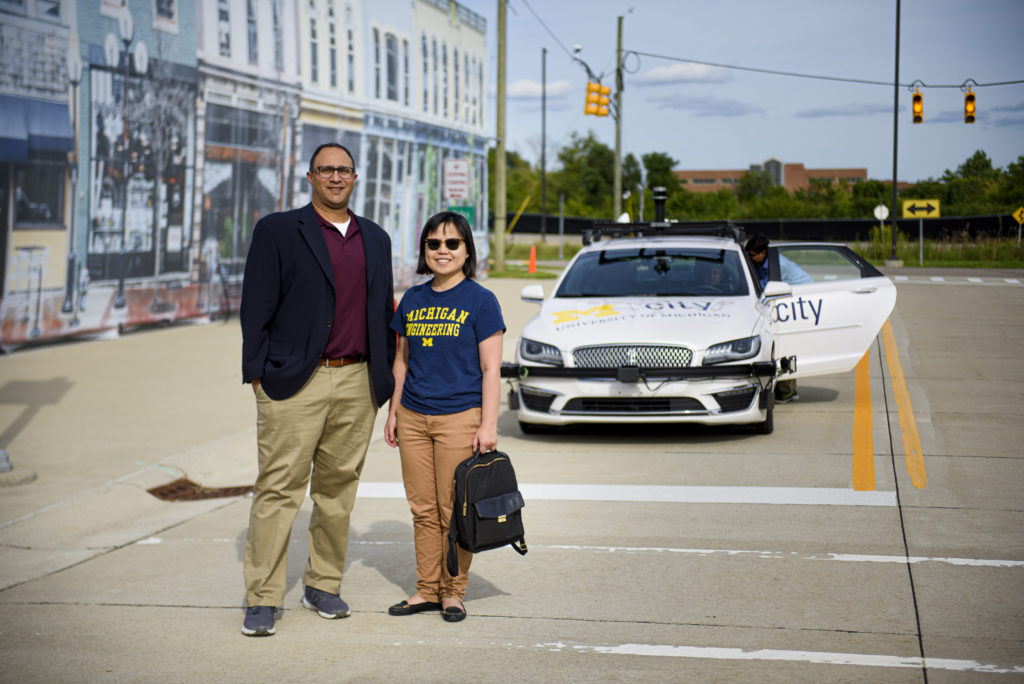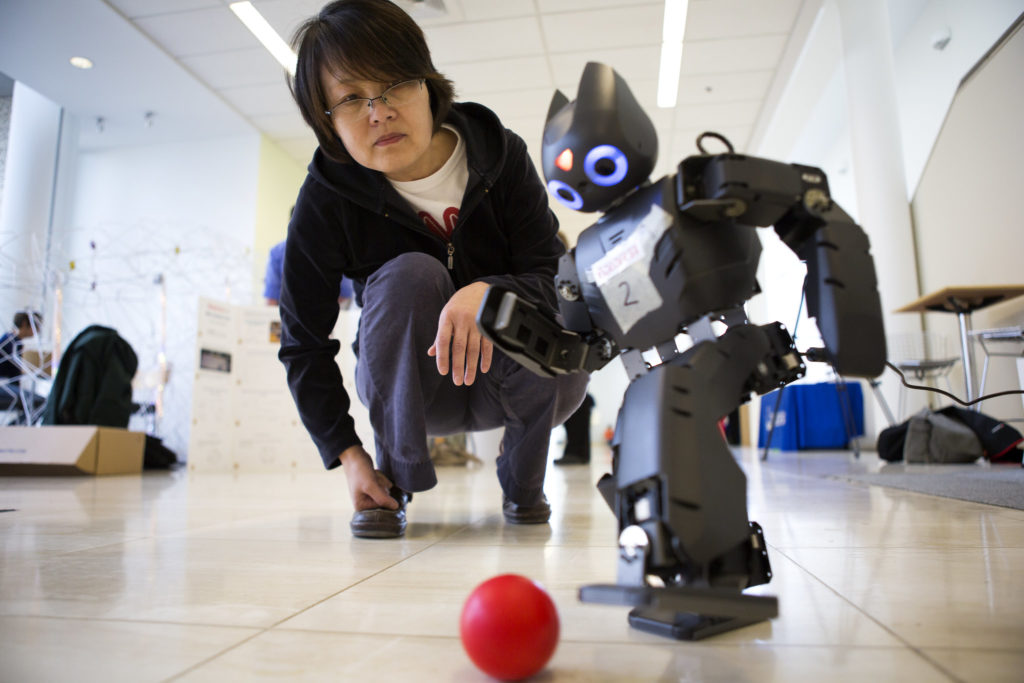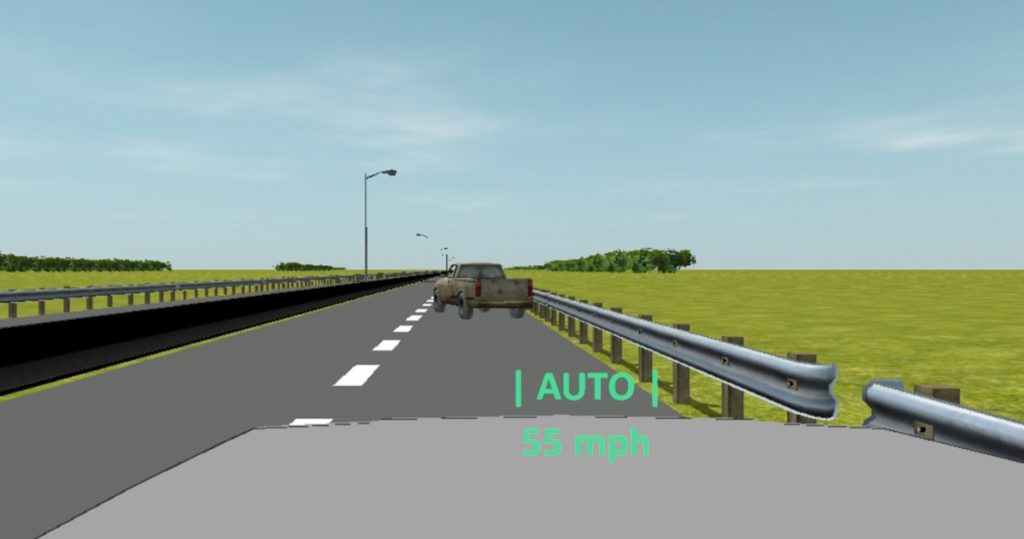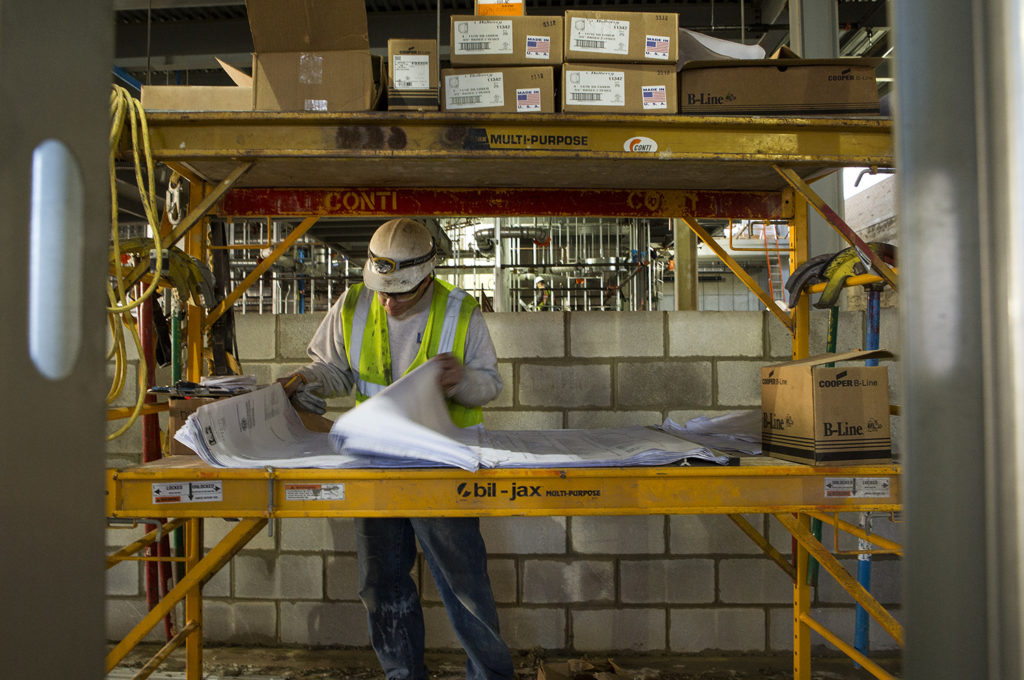What humans want, in an automated vehicle
November 8, 2019

Agreeable, conscientious, and stable. These are three human personality traits that, it turns out, we want to see in our driverless cars regardless of whether we possess them ourselves, according to a new study from the University of Michigan.
The researchers set out to examine how a person’s perception of safety in an autonomous vehicle was influenced by the degree to which the vehicle and the rider seemed to share certain “personality” traits.
Continue reading ⇒

